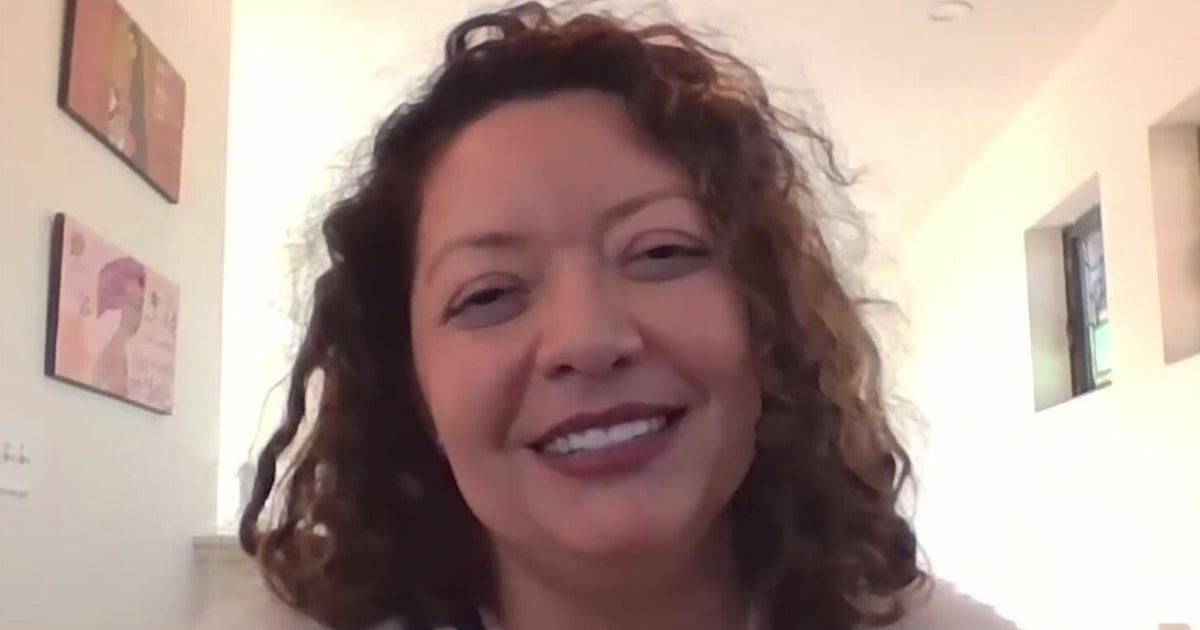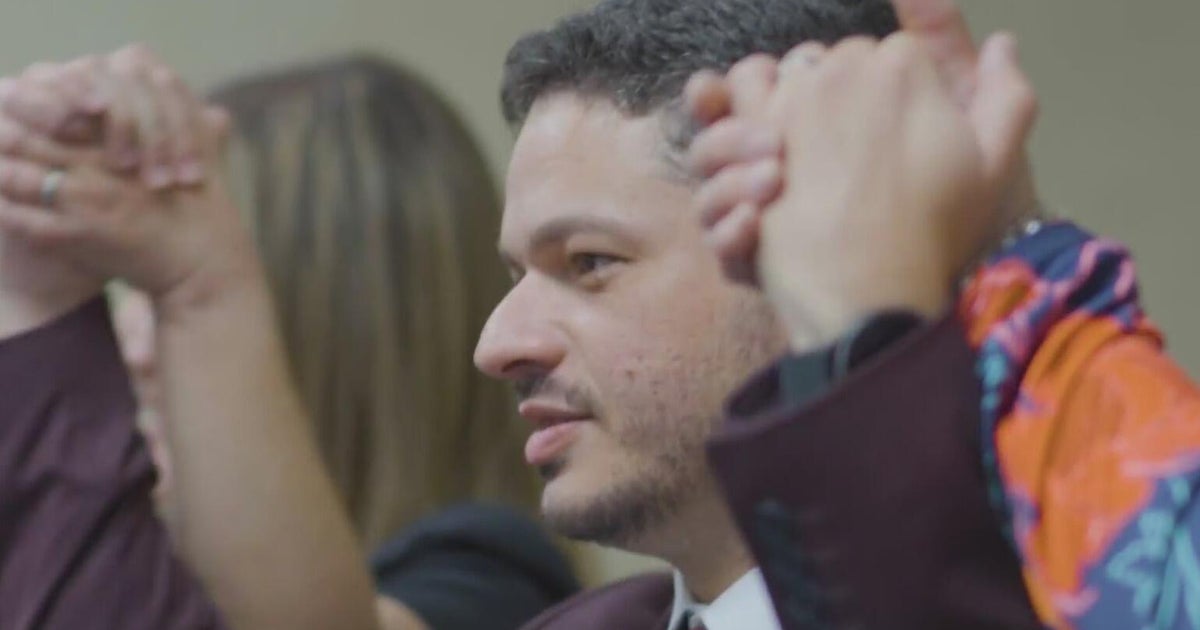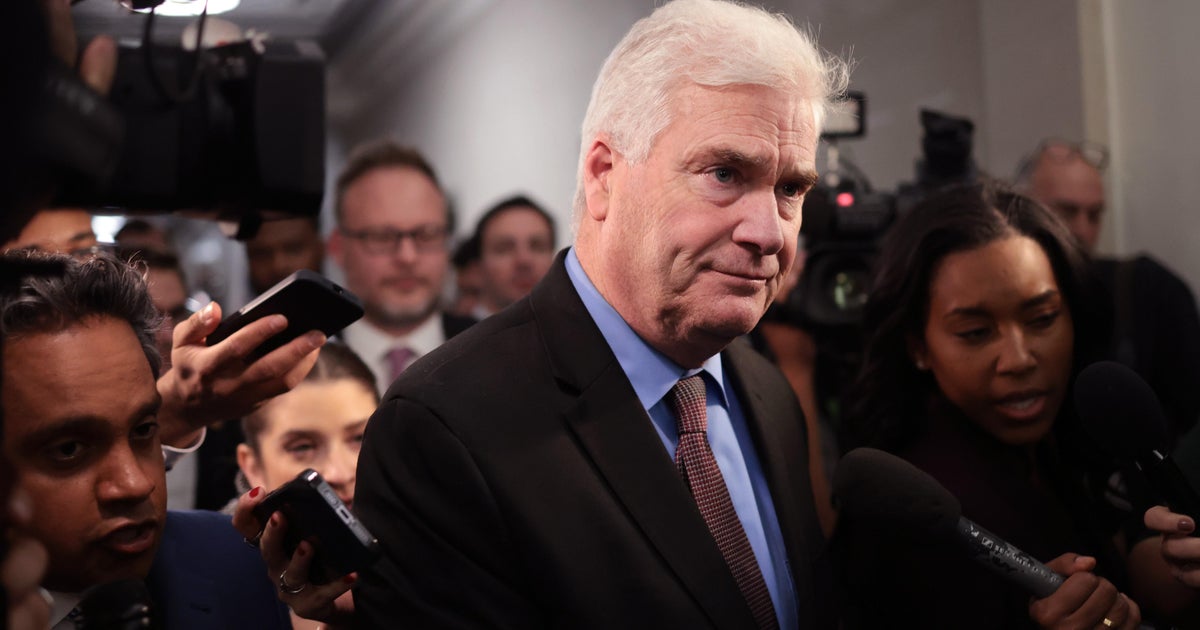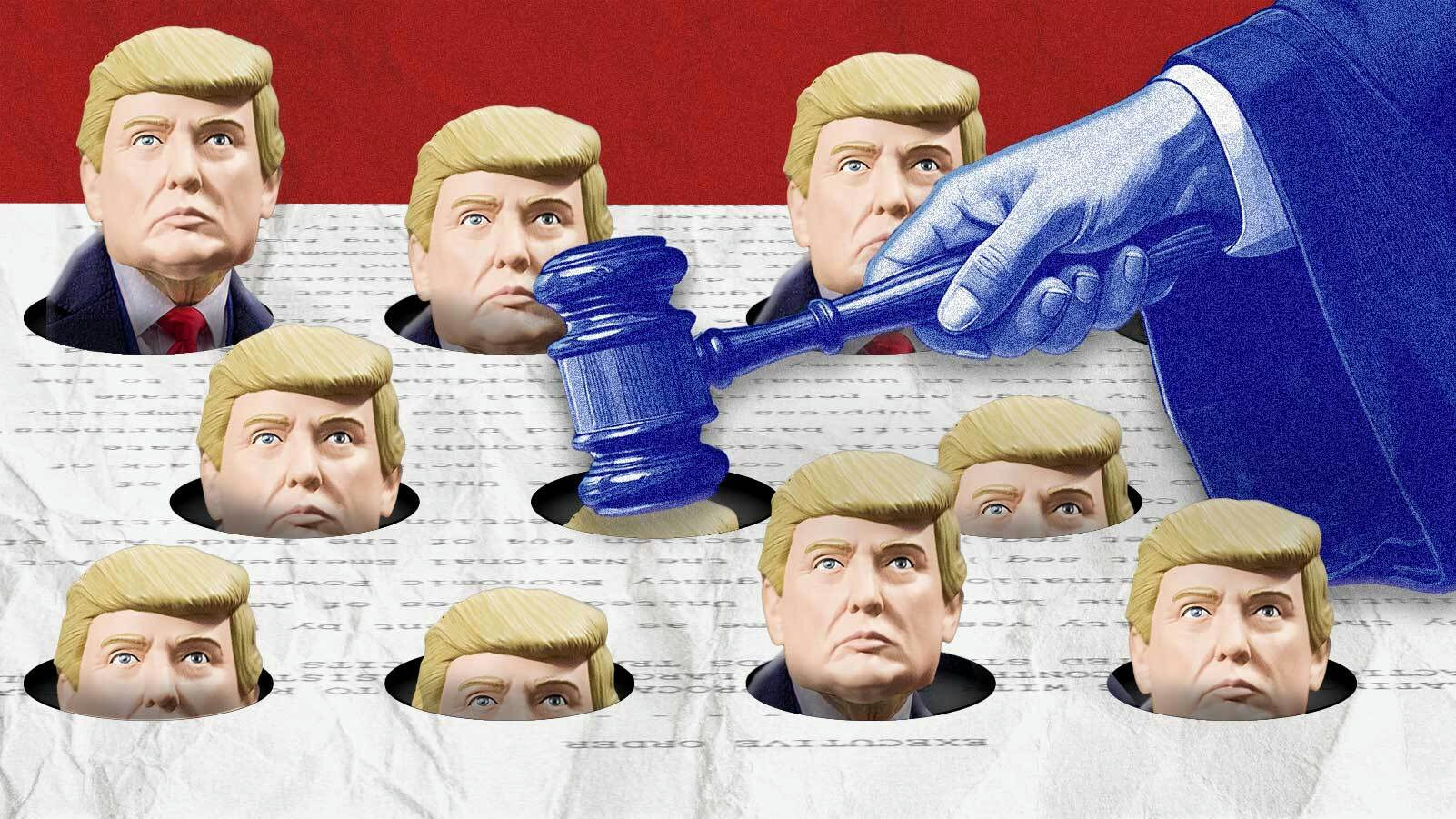Court refuses to greenlight Trump's "public charge" rule to restrict immigration
Washington — A federal appeals court in New York on Wednesday refused to allow the Trump administration to implement a sweeping rule that would make it easier for the government to reject applications for green cards and visas from immigrants who it determines are or could become burdens on U.S. taxpayers.
The decision by a three-judge panel on the 2nd Circuit Court of Appeals in Manhattan to maintain the sole nationwide injunction blocking the so-called "public charge" rule is a victory for critics of the proposed regulation, which they say would disproportionately affect low-income immigrants and people of color seeking to move to the U.S.
In recent weeks, circuit courts lifted three of the four nationwide injunctions against the public charge rule, leaving only the order by a judge in New York.
"Today's ruling enables millions of families to continue their journey of legal immigration. As an immigrant who came over for the pursuit of the American Dream, it's encouraging to see that our borders will not be open to only those who are wealthy," said Xiao Wang, co-founder of Boundless, a company that helps people navigate the country's legal immigration system.
The Legal Aid Society, one of the groups spearheading the New York challenge to the regulation, praised the Manhattan-based appellate court for rejecting "the Trump administration's claims that it cannot wait to implement its dangerous and discriminatory public charge policy change."
In addition to the nationwide injunction, another injunction covering Illinois is also in effect. Nicholas Espiritu, an attorney at the National Immigration Law Center, said his group and several others will continue to challenge the public charge rule in court and try to win cases on the merits. But he said Wednesday's ruling is a much-needed reprieve for immigrant communities anxious about the proposed changes.
"The administration's new, racially motivated wealth test that they are trying to implement with the public charge statute is contrary to federal law and we'll continue to vigorously advocate and vigorously litigate those cases throughout the country," Espiritu said.
Relying on the "public charge" term codified into U.S. law in 1882, the same year President Chester Arthur signed the discriminatory Chinese Exclusion Act, the regulation unveiled in August by U.S. Citizenship and Immigration Services (USCIS) would make it easier for the government to reject applications for green cards and visas from immigrants or prospective immigrants whom officials determine rely — or will rely — on certain public benefits, like government-subsidized housing and food stamps.
Researchers have already documented a "chilling effect" stemming from the proposed changes that has prompted some fearful immigrant families, including those with U.S. citizens, to drop out of essential welfare programs.
But the Trump administration has argued that the public charge rule is designed to promote "self-sufficiency" among immigrant communities. "The public charge inadmissibility rule enforces long-standing immigration law that Congress reaffirmed in 1996," a USCIS spokesperson said Wednesday. "We are confident that an objective judiciary will see that this rule lies squarely within existing law."
The public charge regulation is one of several proposals the administration unveiled last year to severely restrict legal immigration. In October, the White House issued a proclamation that would allow the government to reject visa applications from would-be immigrants it determines will not be able to pay for health insurance or cover medical costs. Like the public charge rule, the proclamation is currently held up in court.






